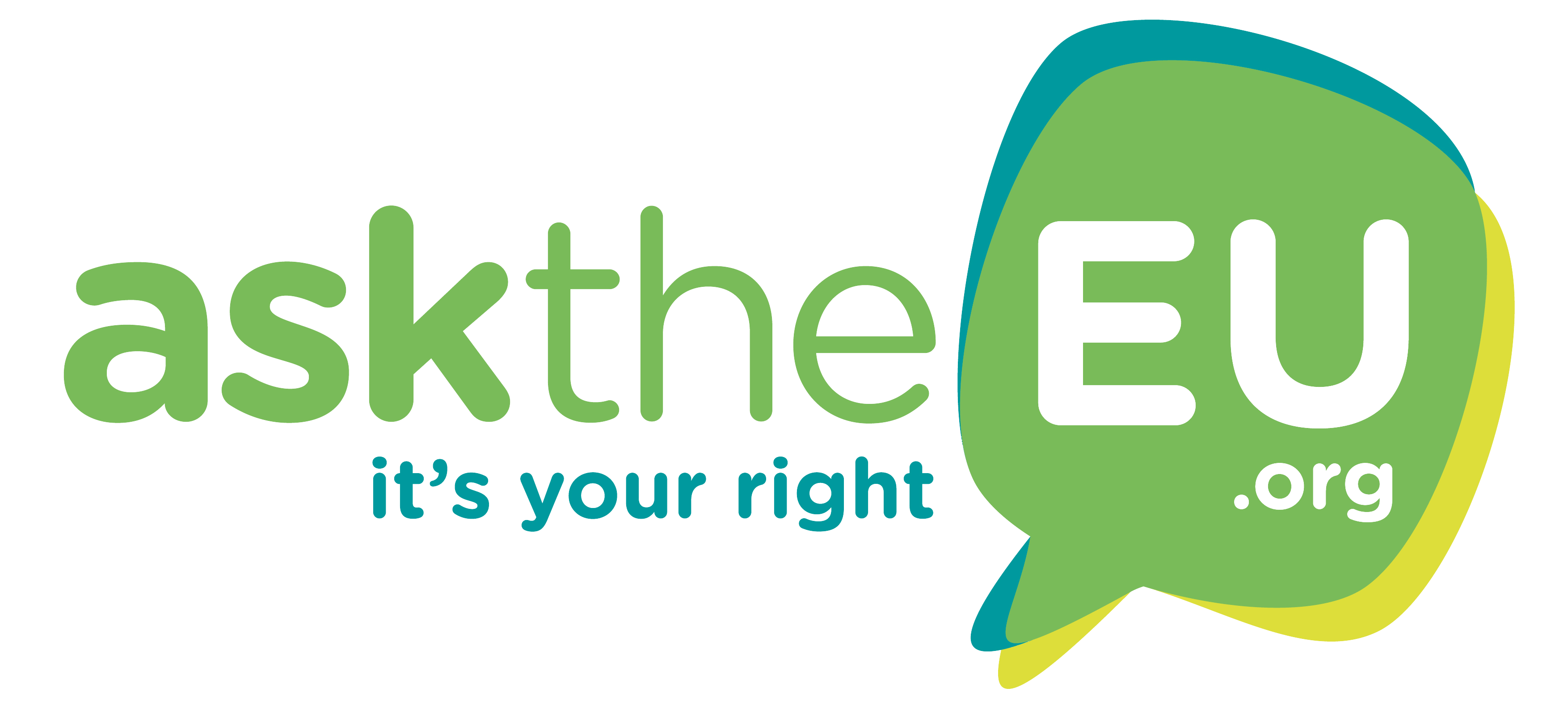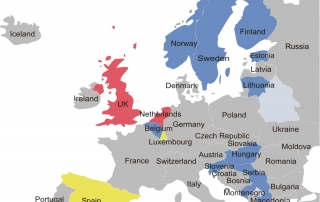ABOGANDO POR UNA MAYOR TRANSPARENCIA EN LA UE
ARROJAMOS LUZ SOBRE LAS INSTITUCIONES Y LA TOMA DE DECISIONES DE LA UE
PROMOVEMOS LA TRANSPARENCIA EN LA TOMA DE DECISIONES...
porque los ciudadanos tienen derecho a saber cómo se toman las decisiones de la UEHACEMOS FRENTE A LA APLICACIÓN ABUSIVA DE LAS EXCEPCIONES...
porque las instituciones de la UE deben aplicar las excepciones al acceso en casos limitadosLUCHAMOS CONTRA LOS OBSTÁCULOS PRÁCTICOS AL ACCESO...
para que todo el mundo pueda presentar solicitudes de acceso de manera simple y directaÚLTIMAS NOTICIAS SOBRE TRANSPARENCIA EN LA UE
proposed amendments to EU access to docs regulation
Proposed Amendments to EU Access to Documents Regulation 1049/2001 In 2008, after a relatively short seven years of application during which the European Commission lost a number of key cases overturning its refusals to grant access to documents, it proposed a complete recasting of the Regulation 1049/2001. The justifications for this include bringing it into line with the Lisbon Treaty
DG Trade Vademecum
Recommendations on DG Trade Vademecum submitted to EU Access Info Europe and Corporate Europe Observatory on 6 April 2010 submitted a new round of comments to the EU’s Directorate General for Trade on its internal guidelines for access to documents, the controversial “Vademecum” first leaked to the public in March 2009 and revised by DG Trade in June 2009 following
access info’s EU requests
Access Info’s Access to EU Documents Requests Access Info firmly believes that an access to information law is meaningless unless it is actually used. Apart from that, making requests is an excellent way to monitor the state of transparency within the European Union. It also provides us with opportunities to push for greater transparency by taking legal action, for example.
Litigation
Access Info's Litigation at the European Union Access Info Europe v. Council of the European Union, Hellenic Republic and United Kingdom of Great Britain and Northern Ireland – T-233/2009 The EU is reforming its rules on access to documents and Access Info wanted to know what position each government was taking on the reform. We asked the Council of the
European Union key problems
Access Info has identified some key problems with EU transparency: People are having problems getting access to information: the European Ombudsman’s report for 2008 says that 36% of citizens’ complaints relate to transparency and access to documents. But at the same time, most users of the EU’s access rules are businesses rather than journalists, civil society organisations or members of
Council of Europe Intro Section
Council of Europe Convention on Access to Official Documents The world’s first treaty on the right to know was adopted by the Council of Europe on 27 November 2008. This treaty, the Council of Europe Convention on Access to Official Documents, was opened for signature on 18 June. Any of the 47 member states of the Council of Europe can


